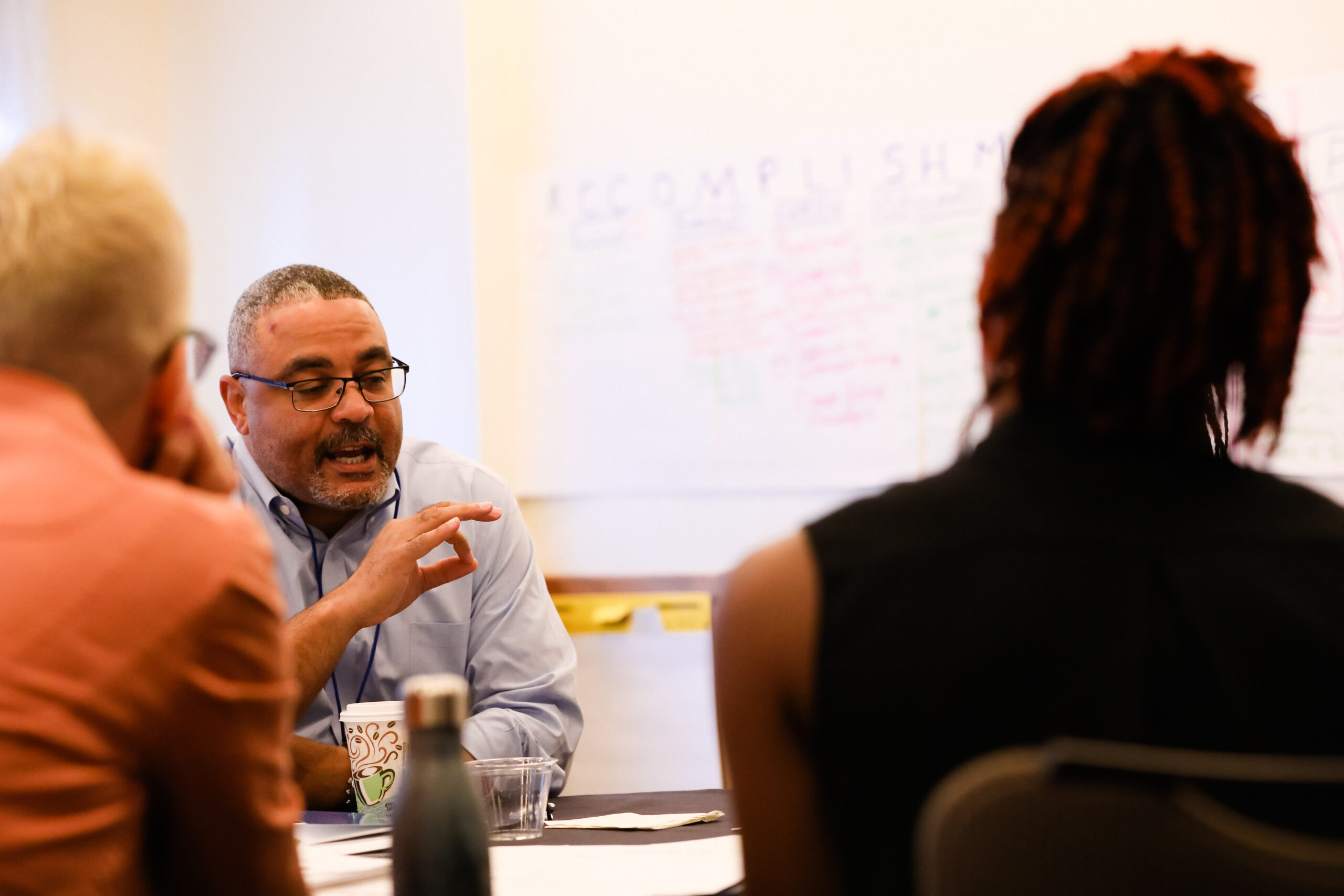History of the Water Equity Network

In 2017, the Alliance released An Equitable Water Future, a definitive report on the water challenges facing historically marginalized communities and opportunities to leverage water investments to create social, economic, and environmental benefits for all people. Today, the Water Equity Network builds on over seven years of efforts to center equity in water management across the US. This effort started with the Water Equity Taskforce, which brought together seven cities working to implement equitable water management practices. Learn more about the Taskforce cities and read their roadmaps here.
The Water Equity Network Today
The Water Equity Network now includes over 40 cities nationwide committed to forging cross-sector partnerships and advancing equitable water management practices, policies, and programs. Explore the network cities below:





